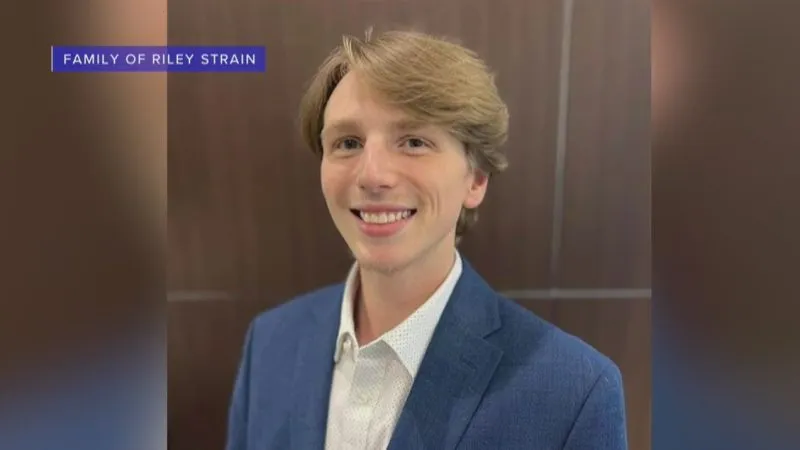Florida was reminded of the dangers of drug abuse when, on Thursday, March 10, six people overdosed on the deadly narcotic fentanyl. The incident happened in Fort Lauderdale, a city in Broward County where a group of spring breakers, mostly in their twenties, reportedly took cocaine laced with the powerful drug.
According to reports, four of the six had gone into cardiac arrest while the other two overdosed while performing CPR that involved mouth-to-mouth. Police utilized Narcan on two of them to counteract the fentanyl, although reportedly two paramedics who arrived at the scene also fell ill while treating the individuals.
All six remain unidentified, but five are reportedly West Point military academy cadets with one of them being a football player at the institution. Of the six, one remains hospitalized and on a ventilator. The others have been released.
The dealer involved with the incident was arrested a day afterward, with no information available about them at the time of writing.
In a separate incident, two men took fentanyl-laced cocaine and went into cardiac arrest. Two others began feeling ill after attempting to perform mouth-to-mouth in an attempt to revive their friends. Although three of the four have gone on to make a recovery the fourth remains hospitalized on a ventilator. This incident occurred in Wilton Manors, in the same county as the Fort Lauderdale incident.
Broward county tops deaths associated with fentanyl in Florida, although Miami-Dade county has also seen a rise in such cases. Multiple arrests have been made in the last two years relating to fentanyl dealers in Florida.
Michelle Contreras smuggled in approximately ten thousand fentanyl pills into Miami and Maxwell Vega received over ten years in prison for dealing meth and fentanyl.
The focus on Miami and Fort Lauderdale is not a coincidence, especially around spring break. Both cities are popular tourist attractions, the latter especially being one of the most popular destinations in Florida.
Many of the fentanyl-related overdoses in these areas come from recreational drugs being laced with the dangerous substance, often unknowingly by those who purchase and use them.
That being said, drug use still poses a risk to college students in Florida—including those at The University of Tampa.
“Students may feel like college is the time to explore as much as possible, and drug use may be a part of this,” said UT assistant vice president of wellness, Gina Firth.
According to Firth, students may also use them for stress, anxiety and depression, or as a result of peer pressure.
UT’s student code of conduct has many rules set in place against drug use and possession, and is required to follow federal, state, and local drug laws.
According to Myles Harris, senior history major, on campus, UT “does a lot” to prevent drug use alongside confiscating illegal substances from dorms. However, he stresses that “most of the partying and socializing that goes on between students happens off-campus, leading to too many bases that [Campus Safety] just can’t cover.”
In these instances, it becomes important for the individual student to aid anyone they may think is suffering from drug abuse.
Firth gives a list of signs that can be used to recognize alcohol or drug abuse among peers or colleagues.
1. Lack of interest in class and other activities
2. A negative change in academic performance
3. Weight fluctuations
4. Withdrawing from friends or acting secretive
5. Changes in activities or hobbies
6. Shifts in friends and social circles
7. Unexplained changes in behavior or personality
8. Mood swings, depression or irritability
9. Repeated lying or dishonesty
10. Student conduct or legal issues
11. Self-isolation
12. Neglecting responsibilities
13. Financial issues
“It’s never too early to help a friend who may be struggling,” said Firth. “Approach your friend without judgment and let them know that you are concerned about them.”
“[I would] caution people to minimize the risk in every way they can and not put their health or safety in [somebody] else’s hands,” said Harris. “People you meet at parties are not your friends [just] because they’re partying with you.”




